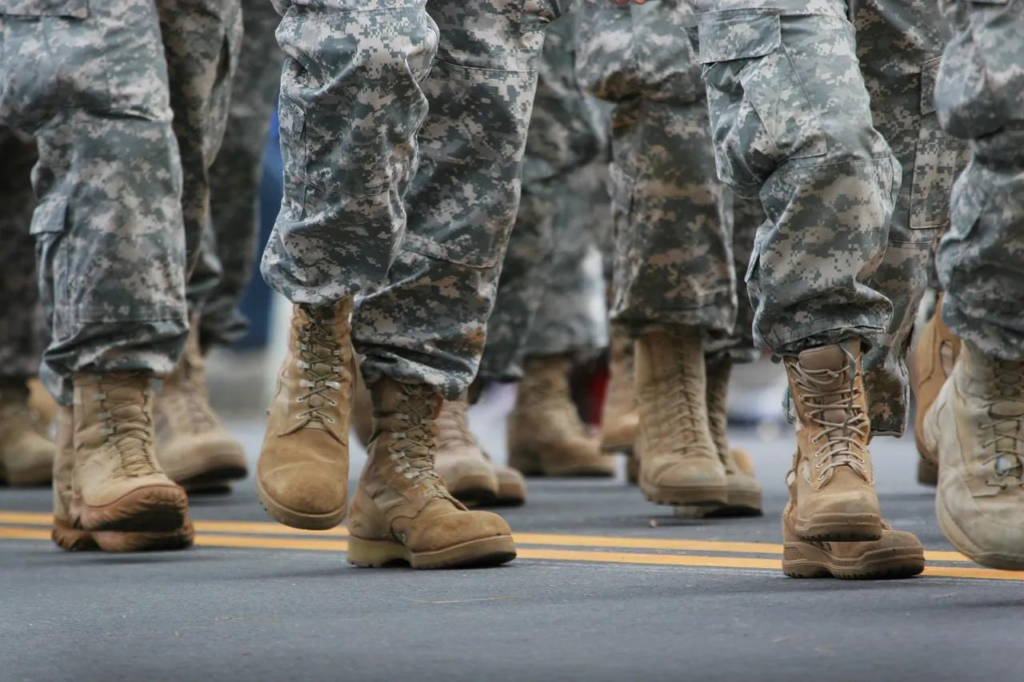Introduction:
Traumatic brain injuries (TBIs) are significant health concerns, especially among veterans who may have experienced combat or other traumatic events during their service. One lesser-known but critical aspect of TBIs is their potential impact on sleep patterns and the development of sleep disorders. In this blog post, we’ll explore the connection between TBIs and sleep disorders, shedding light on how these conditions are interrelated and their implications for veterans’ health.
The Impact of TBIs on Sleep:
- Disruption of Sleep Architecture: TBIs can disrupt the normal sleep architecture, leading to difficulties in falling asleep, staying asleep, and achieving restorative sleep cycles. This disruption can manifest as insomnia, fragmented sleep, and overall poor sleep quality.
- Changes in Circadian Rhythms: TBIs may affect the body’s internal clock, known as circadian rhythms, which regulate the sleep-wake cycle. This disruption can result in irregular sleep patterns, excessive daytime sleepiness, and difficulty maintaining consistent sleep schedules.
- Increased Risk of Sleep Disorders: Individuals with TBIs are at a higher risk of developing various sleep disorders, including sleep apnea, insomnia, hypersomnia (excessive daytime sleepiness), restless legs syndrome, and rapid eye movement (REM) sleep behavior disorder.
- Exacerbation of Existing Conditions: For veterans who already have pre-existing sleep disorders or conditions such as post-traumatic stress disorder (PTSD), TBIs can exacerbate these issues, leading to more severe symptoms and greater challenges in managing sleep disturbances.
Understanding the Link:
- Neurological Changes: TBIs can cause neurological changes that directly impact areas of the brain responsible for regulating sleep, such as the hypothalamus and brainstem. These changes can alter neurotransmitter levels, disrupt neural pathways, and impair the body’s ability to initiate and maintain healthy sleep patterns.
- Physical and Psychological Factors: The physical consequences of TBIs, such as pain, discomfort, and cognitive impairments, can contribute to sleep disturbances. Additionally, the psychological impact of TBIs, including mood changes, anxiety, and depression, can further disrupt sleep and contribute to the development of sleep disorders.
- Treatment Challenges: Managing sleep disorders in individuals with TBIs can be complex due to overlapping symptoms and the need for integrated care. Healthcare providers must address both the underlying TBI-related issues and the specific sleep disorder symptoms to effectively improve sleep quality and overall well-being.
Tips for Managing Sleep Disorders Related to TBIs:
- Seek comprehensive medical evaluation and treatment for both the TBI and associated sleep disorders.
- Maintain a consistent sleep schedule and create a relaxing bedtime routine to promote better sleep hygiene.
- Consider behavioral therapies, such as cognitive-behavioral therapy for insomnia (CBT-I), to address sleep disturbances and improve sleep quality.
- Explore assistive devices, such as continuous positive airway pressure (CPAP) machines for sleep apnea, to alleviate symptoms and enhance sleep patterns.
- Communicate openly with healthcare providers about any changes or challenges related to sleep and TBI symptoms to receive personalized care and support.
Conclusion:
The link between traumatic brain injuries (TBIs) and sleep disorders underscores the complexity of these conditions and their impact on veterans’ health and well-being. By understanding this connection, seeking appropriate medical care, and implementing strategies to improve sleep hygiene, veterans with TBIs can enhance their quality of life and better manage the challenges associated with both TBI-related symptoms and sleep disturbances.



